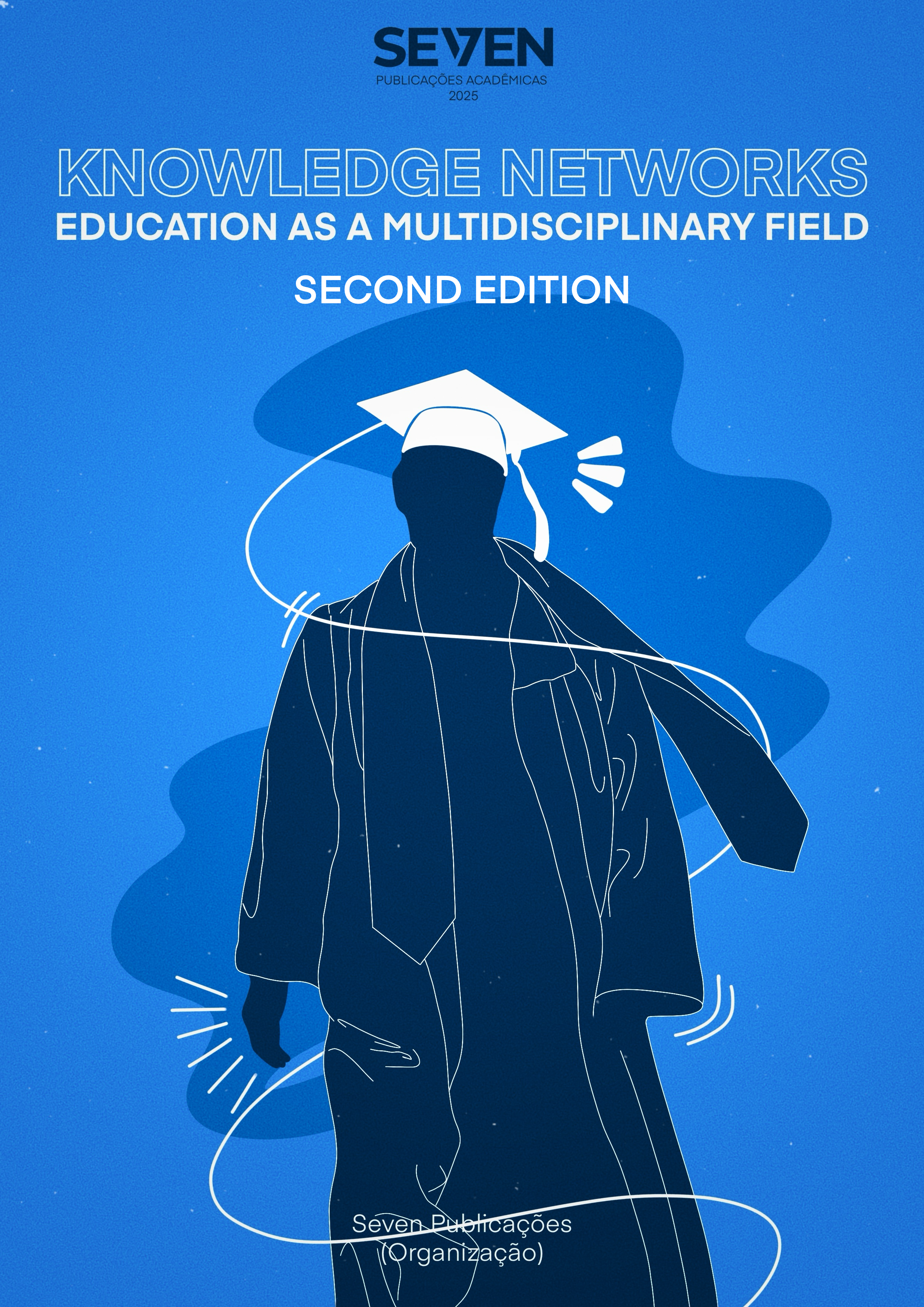DIGITAL INFORMATION AND COMMUNICATION TECHNOLOGIES IN LANGUAGE(S) TEACHING AND TEACHING PRACTICE
Keywords:
Hybrid Teaching, Language(s), Pedagogical Practice, TechnologiesAbstract
This article is an excerpt from a doctoral thesis that aims to investigate how the implementation of active, collaborative, and hybrid methodologies, mediated by Digital Information and Communication Technologies (DICTs), in the conduct of pedagogical activities contributed to the teaching and learning processes of Language(s) during the period of social distancing at the Federal Institute of Pará (IFPA), Santarém Campus, PA. The investigation stems from a central question, unfolded into three guiding questions concerning the limits and possibilities of applying DICTs as didactic-pedagogical resources in both face-to-face and emergency remote teaching (ERT) in the area of Language(s). From the field of Applied Linguistics, the research is qualitative and interpretivist, with an ethnographic approach supported by Clifford (2002) and Flick (2009). The analysis of the synchronous online focus interview technique (Murray, 1997; Gondim, 2002) follows the methodology of Content Analysis, as proposed by Bardin (2016). Grounded in the studies of Lévy (2010), Alves (2020), Bortoni-Ricardo (2008), Moita Lopes (2006), Kenski (2013), Zulfa (2021), Hodgers et al. (2020), and Moran (2017; 2018; 2019), the corpus of analysis consists of experience reports from seven (7) Language(s) teachers at IFPA/Santarém. From the exploration and analysis of these experience reports, it is concluded that the greatest challenge in Language(s) teaching stemmed from ERT, intensified by the restriction of face-to-face contact and limited Internet access for the use of DICTs, given that teachers had already been applying such methodologies in their teaching. Thus, through the use of active, collaborative, and hybrid methodologies via DICTs, it is expected that teachers will analyze, rethink, and (re)construct their pedagogical practices in face-to-face education.
Downloads
Published
Issue
Section
License

This work is licensed under a Creative Commons Attribution-NonCommercial 4.0 International License.





